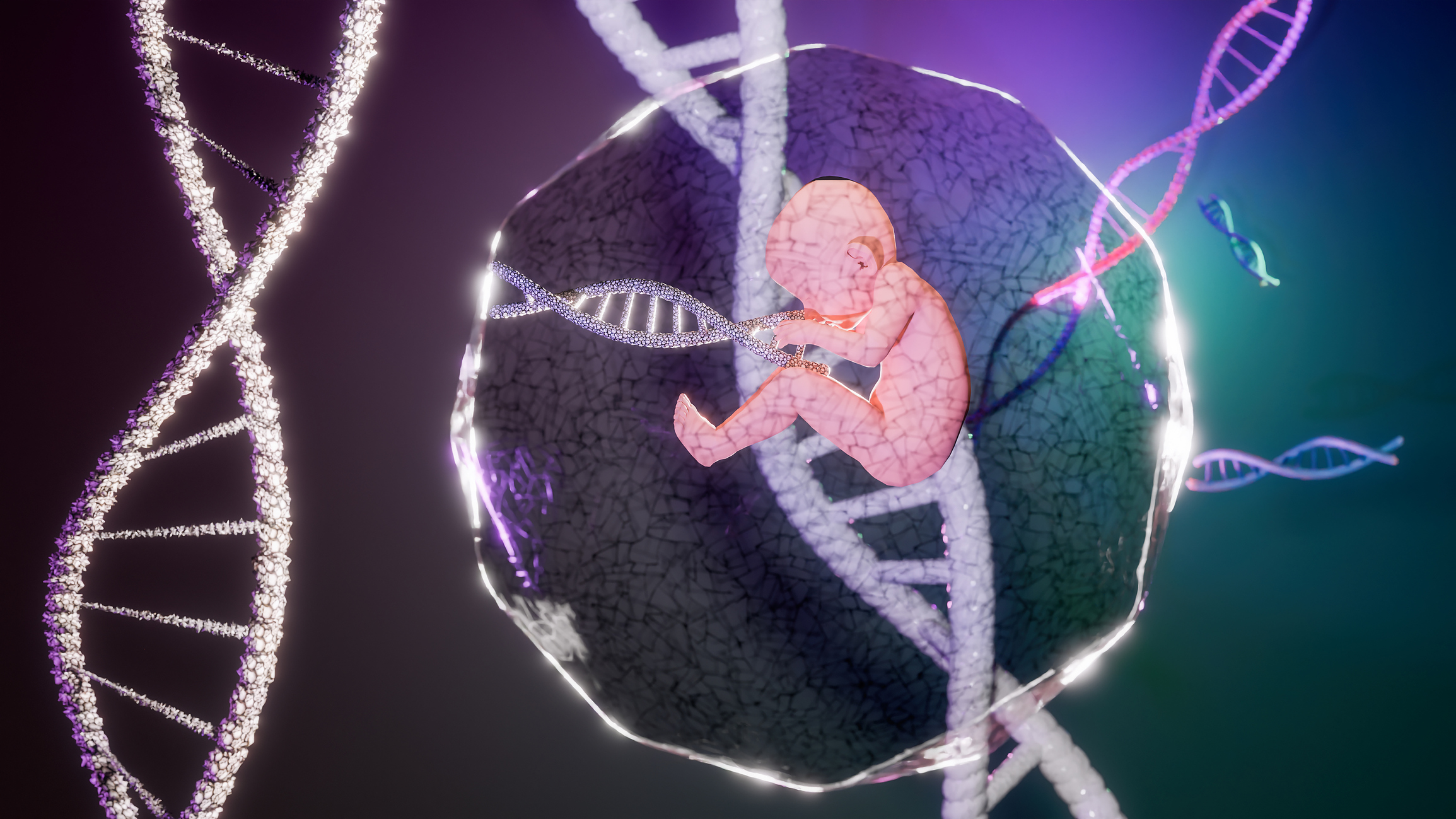With the public availability of ChatGPT 3.5 in fall 2022 at the latest, artificial intelligence in the sense of large language models (L LMs) is on everyone’s lips. However, it is often forgotten that this is only the provisional end point of decades of development of artificial intelligence, which, despite its great potential, still has many limitations. The question for practising doctors is how this technology can be used sensibly in everyday clinical practice – and how it should not be used.
Autoren
- Dr. med. Lukas Dürst
- Dr. med. Marc Oertle
Publikation
- HAUSARZT PRAXIS
Related Topics
You May Also Like
- Pharmacological therapy
Anxiety symptoms in eating disorders
- Case study
Wiedemann-Steiner syndrome in a 2-year-old girl
- Chronic back pain
Care in the virtual hospital – the Back@home project
- Psoriatic arthritis
Long-term remission also possible without DMARDs
- Clinical relevance, benefits and limitations
Atrial Fibrillation Screening
- Parkinson's disease: progressive and clinically heterogeneous
Individualized management of motor and non-motor symptoms
- Type 2 diabetes and heart failure: a bidirectional relationship
Proactive preventive measures can reduce the burden of disease
- Dementia











